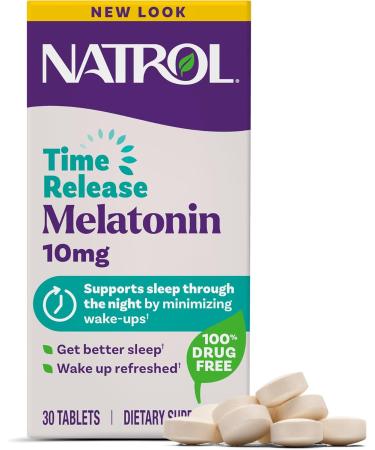Wheat 3kgs hard red spring wheat. Wheat is a cereal grain that has been a staple food worldwide for thousands of years. It is primarily grown for its grain, which is milled into flour and used to make bread, pasta, baked goods, and a variety of other foods. Wheat is also used in animal feed and in industrial applications. Types of Wheat: 1. Hard Wheat: Often used for bread-making due to its higher protein (gluten) content. 2. Soft Wheat: Used in pastries, cakes, and biscuits, as it has a lower gluten content. 3. Durum Wheat: Used primarily for making pasta. 4. Whole Wheat: Contains the bran, germ, and endosperm, making it more nutrient-dense compared to refined wheat, which has the bran and germ removed. Human Benefits of Wheat: 1. Rich Source of Carbohydrates: Energy Production: Wheat is a good source of complex carbohydrates, which provide the body with a steady supply of energy. It is especially important for people with high energy demands, like athletes and those with physically active lifestyles. 2. High in Dietary Fiber (Especially Whole Wheat): Digestive Health: Whole wheat is rich in fiber, particularly insoluble fiber, which promotes healthy digestion by preventing constipation and supporting bowel regularity. Weight Management: Fiber helps you feel full for longer periods, reducing overeating and aiding in weight control. Cholesterol Reduction: The fiber in whole wheat can help lower LDL ("bad") cholesterol levels, reducing the risk of heart disease. 3. Supports Heart Health: Whole wheat contains nutrients like fiber, magnesium, and potassium, which help support cardiovascular health by lowering cholesterol, improving blood pressure, and enhancing circulation. 4. Good Source of Essential Nutrients: B Vitamins: Wheat is rich in B vitamins, including niacin, riboflavin, thiamin, and folate, which play crucial roles in energy metabolism, brain function, and maintaining healthy skin and nerves. Iron: Wheat, especially when whole, contains iron, which is essential for oxygen transport in the blood and the prevention of anemia. Magnesium: Important for bone health, nerve function, and muscle relaxation. 5. Promotes Bone Health: Wheat is a source of magnesium and phosphorus, both of which are essential for maintaining strong bones and teeth. 6. Improves Metabolism: The B vitamins in wheat help convert food into energy, aiding metabolism. These vitamins are also involved in the synthesis and repair of DNA, supporting overall cellular health. 7. Antioxidant Properties: Whole wheat contains antioxidants like selenium and phenolic acids, which protect cells from oxidative stress and may reduce the risk of chronic diseases such as cancer. 8. Regulates Blood Sugar Levels (Whole Wheat): Whole wheat has a lower glycemic index (GI) compared to refined wheat products, meaning it causes a slower and more stable rise in blood sugar levels. This is especially beneficial for people with diabetes or those at risk of developing it. 9. Supports Gut Health: The fiber in whole wheat acts as a prebiotic, helping to feed beneficial gut bacteria. A healthy gut microbiome is important for overall digestive health and immune function. Versatility in Cooking: Wheat is extremely versatile and can be used in various forms, including whole grains (like bulgur and farro), wheat flour (for bread, pasta, and pastries), and wheat germ (used in smoothies, cereals, or sprinkled on food for added nutrition). Refined vs. Whole Wheat: While refined wheat flour is commonly used in many processed foods, whole wheat is far more nutritious. Refined wheat lacks the bran and germ, which contain most of the fiber, vitamins, and minerals. Whole wheat is recommended for a healthier, nutrient-dense diet. By incorporating whole wheat into your diet, you can take advantage of its rich nutritional profile, supporting overall health and well-being.High Fiber. Sproutable. For Milling. For Cooking. Clean. Dry.













